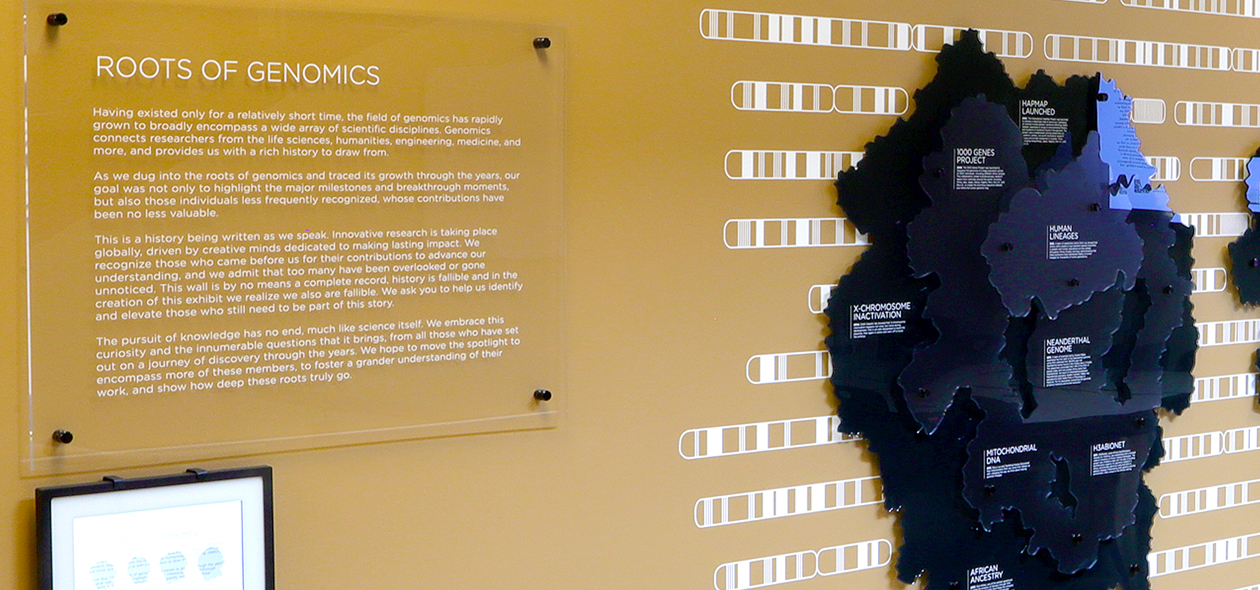
Where Science Meets Society
The Carl R. Woese Institute for Genomic Biology (IGB) is an innovative research institute using cutting-edge genomic practices to tackle large-scale global challenges currently facing humanity.
Food security for a growing population. Effective therapeutic drugs and antibiotics. Automated synthesis of new molecules and proteins. Using a team-based, collaborative science approach, researchers at the IGB are addressing these and other complex issues. Our main areas of research below are each supported by our strong commitment to fundamental science – the pursuit of discovery.

Health +
Wellness
How the genome enhances, affects, or disrupts physical and mental wellbeing.

Tech +
Society
Advancing our capability to shape the world and capacity to understand each other.

Ag +
Energy
Sustainably feeding and fueling a planet impacted by a changing global climate.

Outreach &
Public Engagement
Encouraging the public to understand how genomics affects daily life and society.






